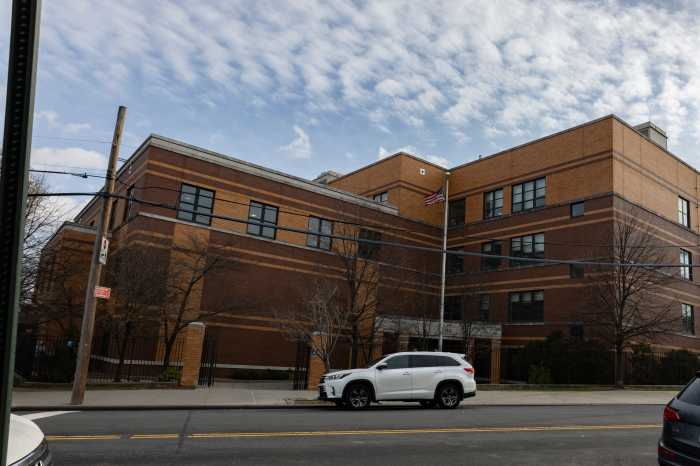By Ronald A. Fatoullah, Esq. and Debby Rosenfeld, Esq.
The annual gift tax exclusion will increase from $13,000 to $14,000 effective January 1, 2013. In other words, an individual will be able to gift $14,000 per person (a couple may give $28,000) per recipient every calendar year without any gift tax ramifications whatsoever. Therefore, a couple with three children will be able to gift a total of $84,000 without filing a gift tax return. It is important to note that these gifts are not deductible, as is often believed to be the case. If only one spouse makes the actual gift, we advise the couple to elect to split the gift on the gift tax return (IRS Form 709) so the gift will not be attributed solely to the one spouse.
If an individual gifts in excess of the annual exclusion amount, the gift must be declared, and a gift tax return must be filed by April 15th in the year following the year in which the gift was made. In this way, the IRS can maintain a running tab showing how much of the individual’s “lifetime exclusion” has been used up. Many individuals erroneously believe that if they gift in excess of the annual amount, they must pay gift taxes, which is not the case. Rather, if an individual gifts in excess of the annual exclusion, he simply utilizes some of his lifetime gift tax exclusion, which is currently $5,120,000. In other words, he will not incur a gift tax until he gifts in excess of $5,120,000 over the course of his lifetime. It is important to note, however, that this $5,120,000 exemption is due to expire on December 31st of this year. If the current law is not extended, amended or repealed, the $5,120,000 gift tax exemption will revert back to $1,000,000 as of January 1, 2013.
Readers must be aware that there are other exceptions to the gift tax rules in addition to the annual exclusion. For example, there is a “marital deduction” which provides that any gifts to a spouse will not incur gift tax consequences if the spouse is a US citizen. In addition, payments for another individual’s tuition or medical expenses are also excluded, but the payments must be made directly to the education institution, hospital or doctor.
In order to qualify for the annual exclusion, the gift must be of a present interest. A gift of a future interest does not qualify for the gift tax exclusion. Therefore, a gift into a trust that does not give the beneficiary the right to use the gift presently, will not qualify for the annual exclusion.
There is a popular misconception that the recipient of a gift will incur some type of tax. This is not the case. The only tax incurred by the recipient of a gift is income tax on any interest or dividends earned after the gift was received.
It is important to understand the ramifications of making a gift of property that has appreciated in value. The recipient of a gift will take on the “cost basis” (essentially the cost for purposes of determining gains taxes) of the property. As such, the donor of the property should inform the recipient of what the donor actually paid for the property when the property was acquired as well as the cost of any improvements made to the property. In the case of investment property, we would need to know how the property was depreciated for tax purposes. When the recipient ultimately sells the property, if there has been a gain, the recipient will pay income tax on such gain.
Ultimately, the gift tax exclusion is a basic tool used to reduce the value of one’s estate for purposes of minimizing estate taxes. Nonetheless, making gifts in $14,000 increments to an unlimited number of people in a given year may make sense for estate tax planning but may be problematic in the context of obtaining Medicaid eligibility. It is important to discuss any type of gift planning with a qualified estate or elder law attorney.
Ronald A. Fatoullah, Esq. is the principal of Ronald Fatoullah & Associates, a law firm that concentrates in elder law, estate planning, Medicaid planning, guardianships, estate administration, trusts, and wills. The firm has offices in Forest Hills, Great Neck, Manhattan, Brooklyn, and Cedarhurst, NY. Mr. Fatoullah has been named a “fellow” of the National Academy of Elder Law Attorneys and is a former member of its Board of Directors. He also served on the Executive Committee of the Elder Law Section of the New York State Bar Association for over 15 years. Mr. Fatoullah has been Certified as an Elder Law Attorney by the National Elder Law Foundation. Mr. Fatoullah is a co-founder of Senior Umbrella Network of Queens. This article was written with the assistance of Debby Rosenfeld, Esq., a senior staff attorney at the firm. Ronald Fatoullah & Associates can be reached by calling (718) 261-1700, 516-466-4422, or toll free at 1-877-ELDER-LAW or 1-877-ESTATES.



































